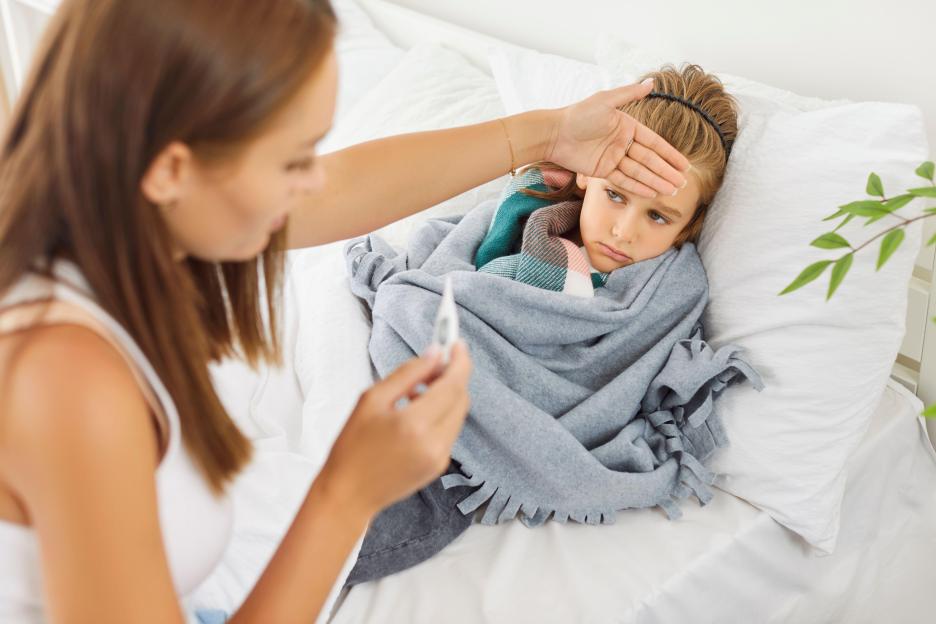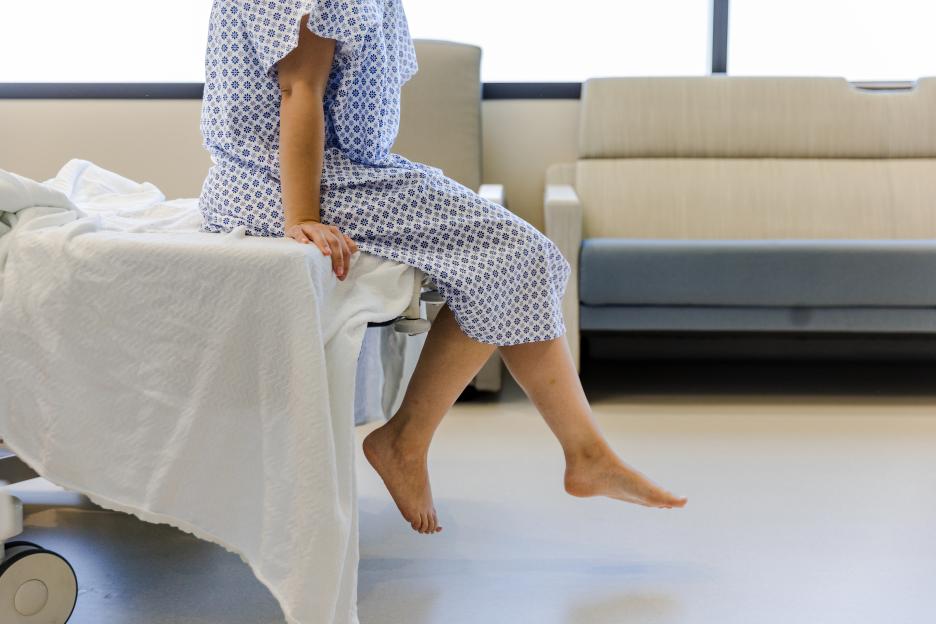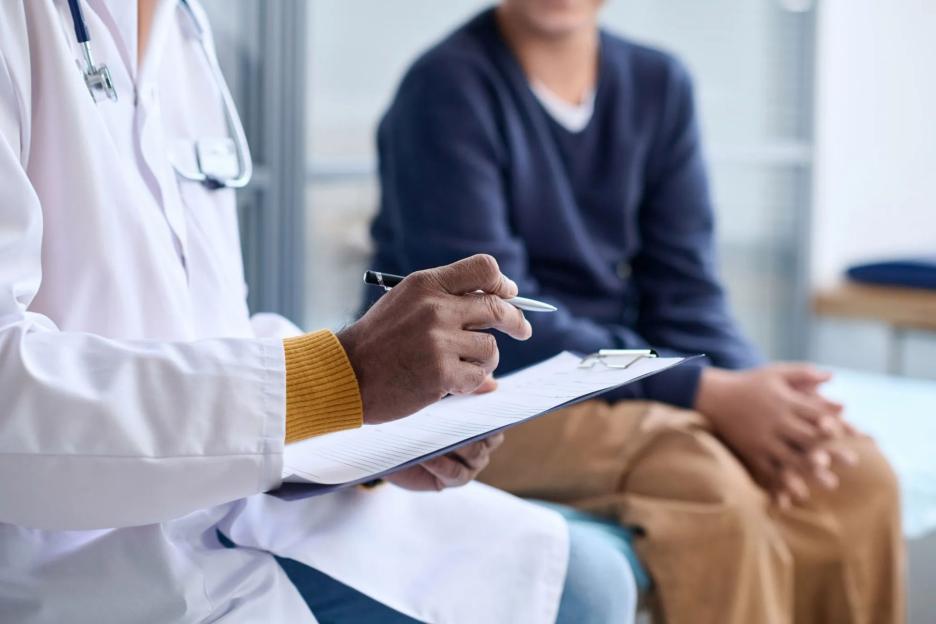FEELING tired all the time (TATT) is often attributed to psychological causes, such as depression and anxiety.
But now scientists have uncovered a biological cause – highlighting the role diet and hormones can play.
 Napping during the day and still sleeping for long hours at night could be signs of hypersomnia
Napping during the day and still sleeping for long hours at night could be signs of hypersomnia
If you’re all the time it could be that suffer with excessive daytime sleepiness (EDS), also known as hypersomnia.
Those with the condition regularly find themselves napping during the day, falling asleep during the day, and still sleeping for long hours at night.
And now experts at Brigham and Women’s Hospital, Boston, have identified a cause, involving seven molecules in the blood.
In a study published in the journal eBioMedicine, the researchers collected data on 877 naturally occurring molecules in the body influenced by external factors like diet, known as metabolites.
After taking blood samples from 6,000 participants, they assessed how often a person sleeps during the day in different scenarios, and pinpointed seven metabolites linked to the condition.
Dr Tariqu Faquih, an expert in sleep disorders at Brigham and Women’s Hospital, said: “Our study suggests diet and genetics may play an important role in EDS.
“As we learn what’s happening biologically, we are beginning to understand why EDS occurs, the early signs that someone might have it, and what we can do to help patients.”
The team found two nutrients in particular to be associated with a lower risk of daytime drowsiness – and omega-6 fatty acids,
Other metabolites like tyramine, found in fermented and overripe foods, were linked to an increased risk of all-day tiredness, particularly in men.
Tyramine was also found to cause poorer sleep quality at night, which can exacerbate daytime sleepiness.
The researchers also identified three additional molecules that varied by sex.
Hormones like progesterone were associated with sleep-related processes like melatonin production.
While their results highlight potential treatment targets for EDS, including dietary changes, the study did have some limitations and further research is needed to confirm their findings.
For example, they struggled to determine the exact value of metabolites in the body.
Dr Faquid added: “Conducting a clinical trial would be a big next step and could help us understand if omega-3s and omega-6s obtained from diet could help lower risk of EDS.”
Omega-3 and omega-6
Omega-3 and omega-6 fatty acids are essential polyunsaturated fats.
Both are crucial for cell membrane function, however, omega-3s generally have an anti-inflammatory role, supporting brain and heart , while omega-6s have a pro-inflammatory role.
The body cannot produce them so they must be obtained from food.
The best food sources of omega-3s are oily fish like salmon and mackerel, along with plant-based sources like flaxseeds, chia seeds, and walnuts.
While the best sources of omega-6s are vegetable oils such as soybean, corn, and sunflower oil, as well as seeds and nuts.
Experts say to achieve a healthy omega-6 to omega-3 ratio, consume oily fish at least twice a week, and include plant-based omega-3 sources.
You generally do not need to supplement with omega-6, as most Western diets provide excessive amounts, leading to an imbalance with omega-3s.
Instead, experts recommend focusing on consuming more omega-3s through diet or supplements to achieve a healthier omega-6 to omega-3 ratio.
Supplements containing omega-3 and omega-6 are available on the high street – for example, Nature’s Best Omega 3, 6, 9 with Vitamin D3 offers 120 capsules for £19.95 (16p per capsule).
But you should always speak to a healthcare professional, such as a doctor or dietitian, before taking omega-3 and omega-6 supplements.
Things you can try to help your sleeping habits
Changing your sleep habits may not cure excessive daytime sleepiness (hypersomnia), but it might help you feel better.
Try to:
- go to bed at the same time every night
- avoid drinking alcohol and caffeine
- create a peaceful sleeping environment
- if possible, avoid medicines that can cause drowsiness
- avoid working late into the night
It might also help to talk to your family and friends about your excessive daytime sleepiness so they’re aware of it.
Source: NHS






